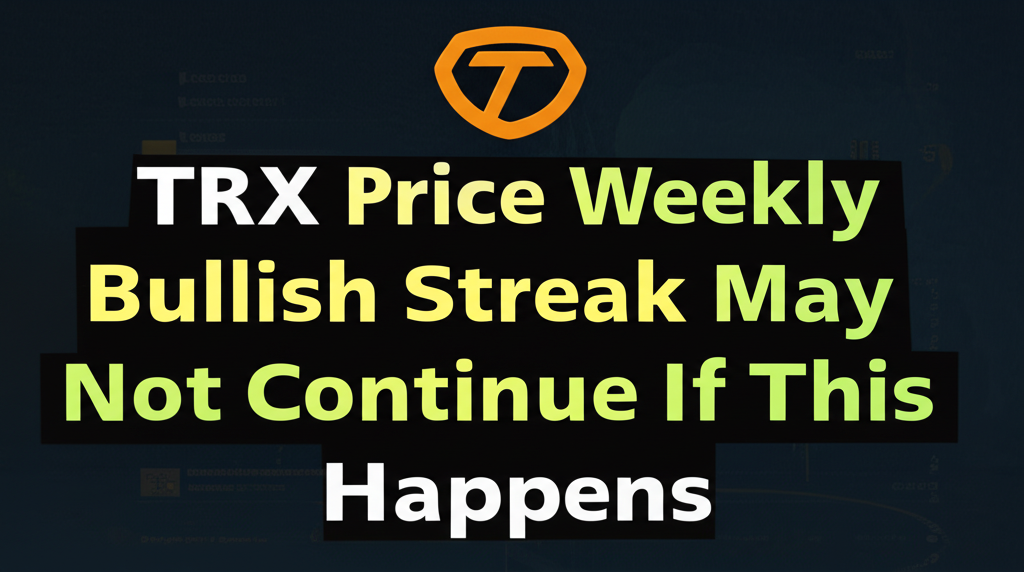The U.S. Securities and Exchange Commission (SEC) has formally requested expedited refiling of Solana spot ETF applications, signaling a more proactive stance towards cryptocurrency-related exchange-traded funds as of April 2024.
SEC Indicates Shift Toward Structured Crypto ETF Review
In a departure from its historically cautious approach, the SEC’s request for swift refiling of Solana spot ETF proposals demonstrates a more structured and deliberate review process. This movement away from prolonged delays and outright rejections of digital asset ETFs reflects a recognition of the growing presence and complexity of the crypto market. The Commission appears to be balancing investor protection with responsiveness to innovations in blockchain technology and investor demand.
Solana’s Growing Regulatory Spotlight
Solana stands at the forefront of this regulatory focus. As a blockchain platform, Solana is celebrated for its high throughput capabilities and notably low transaction costs, qualities that have led to its rapid adoption within decentralized finance and other tokenized asset domains. The SEC’s renewed attention on Solana spot ETFs underscores the platform’s significance in the evolving crypto ecosystem and the necessity for clear regulatory frameworks surrounding its market offerings.
Asset Managers Target the Crypto ETF Market
Multiple asset management firms have submitted spot ETF applications based on Solana, aiming to capitalize on the surge of investor interest in cryptocurrencies. These firms are attempting to provide traditional investors with access to Solana’s value proposition through regulated, exchange-traded investment products. Such instruments could facilitate broader exposure to the crypto asset while ostensibly mitigating some associated direct trading risks.
Context of Earlier Delays and Rejections
The SEC’s demand for expedited refiling arrives after a series of delays and rejections involving various crypto ETF applications, notably those pegged to Bitcoin and Ethereum spot markets. Market participants have long blamed uncertainty and stringent regulatory scrutiny for hindering the development of spot ETF products compared to futures-based ETFs. This insistence on refiling could mark a regulatory recalibration, signaling openness to revisiting application deficiencies with an eye toward eventual approvals.
Industry Perspectives on a Potential Milestone
Industry watchers and analysts broadly interpret the SEC’s maneuver as a potential watershed moment. Many view it as a recognition of both the institutional maturation of crypto markets and the technological innovation represented by platforms like Solana. One leading crypto market research analyst remarked, “This could mark a turning point in regulatory acceptance for crypto ETFs, particularly for innovative platforms like Solana.”
Gary Gensler, Chair of the SEC, emphasized the commission’s evolving approach saying, “We are committed to adapting our review processes to better reflect the evolving crypto asset landscape while ensuring investor protection.”
Historical Caution Meets Growing Market Maturity
Historically, the SEC hesitated to approve spot crypto ETFs, predominantly due to concerns about market manipulation and insufficient surveillance mechanisms. This cautious stance reflected a broader hesitancy among regulators to embrace volatile and often opaque crypto markets. Nonetheless, mounting institutional interest and the progressive maturation of the market have exerted pressure on the Commission to reconsider long-standing positions.
Future Outlook: Expanding the Crypto ETF Landscape
Looking ahead, the SEC’s current posture could facilitate a significant expansion in the realm of crypto ETFs. Should the regulator persist in updating its frameworks to accommodate innovative crypto assets such as Solana, investors might soon find a far greater diversity of ETF options available within mainstream financial markets. This evolution could reshape how investors gain exposure to cryptocurrencies, advancing regulatory clarity while fostering broader market participation. Over the coming years, the emergence of these financial products may also influence pricing dynamics, liquidity conditions, and portfolio strategies across traditional and digital asset domains.




